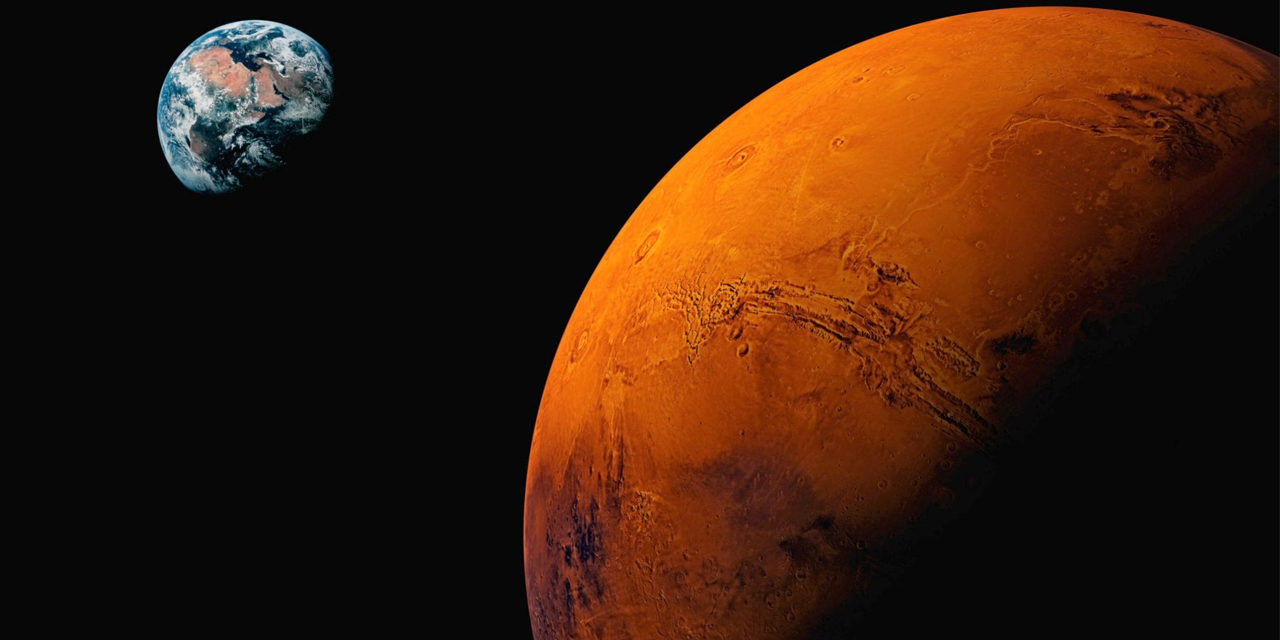The United Arab Emirates (UAE) Space Agency has introduced a new law for licensing, registering objects, defining responsibilities, insurance, risk and accidents.
This is the first law in the Arab and Islamic world’s history which creates a new legislative and regulatory environment for the national space sector with is in line with other laws and regulations of UAE.
Dr Ahmad Bin Abdulla Humaid Belhoul Al Falasi, Minister of State for Higher Education and Advanced Skills and Chairman of the UAE Space Agency, said:
The new law regulates space activities to facilitate the development of a prosperous and safe space sector in the UAE, which realises our wise leadership’s vision for the sector.
He further added:
It also sets a clear framework for the rights and duties of officials and establishments operating in this sector and guarantees the rights of all relevant parties, in compliance with international agreements and treaties signed by the UAE.
According to the information available, the new law has a total of 9 chapters and 54 articles which are geared towards regulating space activities in the UAE and governs the Agency’s role in this regard.
The law, which was passed under the leadership of His Highness Shaikh Mohammad Bin Rashid Al Maktoum, will also open doors for investment.
The specifics of the law introduces new regulations which clarifies the mechanism for the following things:
- Issuing space activity permits
- Registering space objects and vehicles
- Responsibility and insurance regulations for space activities
- Space accidents and risks regulations
- Transitional period for current operator regulations
Nasser Al Rashidi, Director of Space Policy and Regulations at the UAE Space Agency, said:
The law also tackles advanced, new and modern concepts that are garnering international attention, including space-launch activities, organising manned trips, space tourism and related activities and building and using man-made facilities in space and on other planets.
The UAE aims to establish the first inhabitable human settlement in Mars by 2117.







